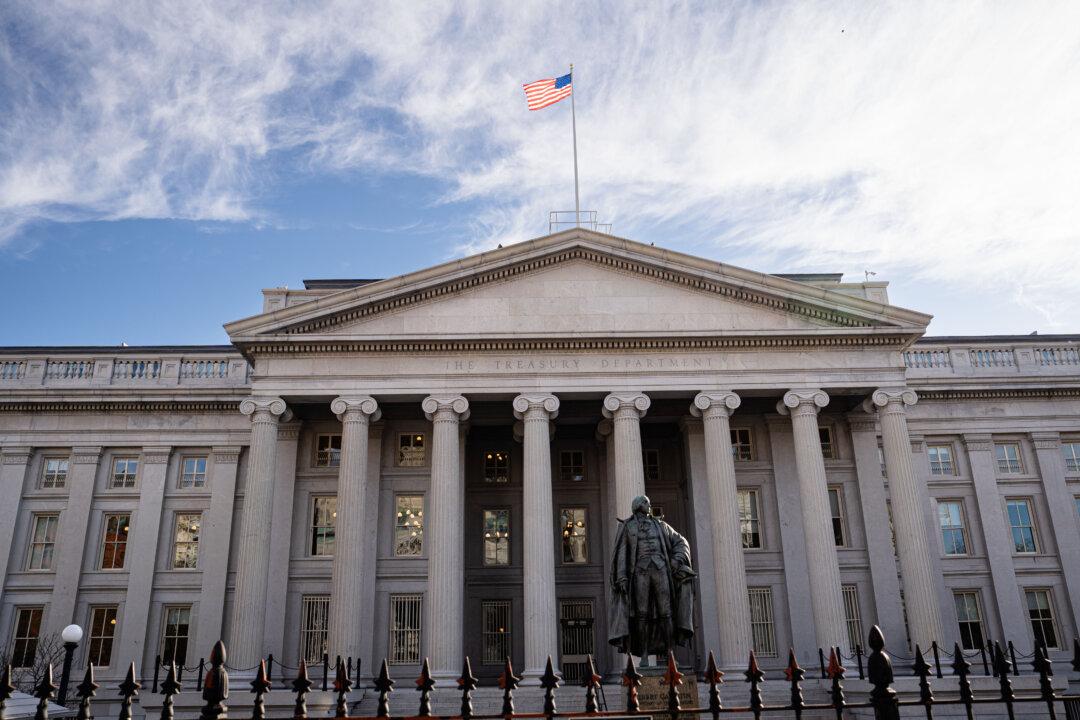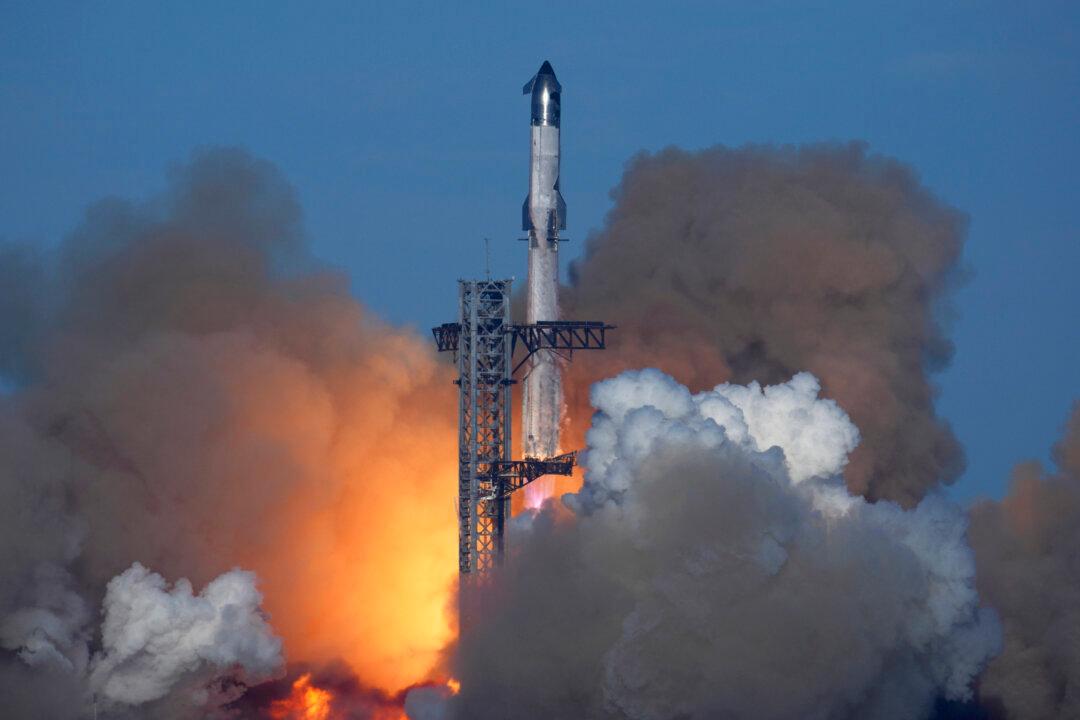The United States and South Korea have agreed on the need to further strengthen U.S. extended deterrence to counter North Korea’s growing nuclear threats, a U.S. defense official said on Tuesday.
Pentagon spokesperson Brig. Gen. Pat Ryder said delegates from both nations discussed various approaches on the alliance deterrence posture following their tabletop exercise in Washington last week.
“Both sides concurred on the need to continue to strengthen extended deterrence, including through robust consultative mechanisms and crisis communications, as well as information sharing and joint planning and execution,” he told reporters.
South Korean Ambassador to the United States Cho Tae-yong said the two allies made “practical progress” in strengthening the implementation of their extended deterrence during the tabletop exercise last week.
Cho hinted a second tabletop exercise will take place “in the very near future,” adding that the United States and South Korea remain open to a dialogue with North Korea on the region’s denuclearization.
Trilateral Cooperation ‘More Important Than Ever’
South Korean President Yoon Suk-yeol said on Wednesday that trilateral cooperation with the United States and Japan has become “more important than ever” to counter North Korea’s growing nuclear threats.
In his address honoring the country’s March 1 independence movement against Japan’s 1910–1945 rule of Korea, Yoon described Japan as a “partner” with whom South Korea shares common values.
“Now, a century after the March 1 independence movement, Japan has transformed from a militarist aggressor of the past into a partner that shares the same universal values with us,” he said. “Today, [South Korea] and Japan cooperate on issues of security and economy.”
“The trilateral cooperation among the Republic of Korea, the United States, and Japan has become more important than ever to overcome the security crises, including North Korea’s growing nuclear threats and the global polycrisis,” Yoon added, using South Korea’s official name.

‘No Hostile Intent’
South Korea and the United States have called on North Korea to denuclearize and return to diplomacy, a request the North has ignored over what it calls “hostilities” from the United States and its allies.U.S. State Department spokesperson Ned Price reiterated on Monday that the United States holds no hostile intent toward North Korea.
“It is the DPRK that, time and again, at an unprecedented rate, has engaged in provocations, including multiple tests of ICBM systems, other ballistic missiles, and other provocative activities that have posed a threat to peace and security in the Indo–Pacific and, in some ways, even well beyond,” Price said, using the acronym of North Korea’s official name, the Democratic People’s Republic of Korea.
“Even as we have pointed out the threat that we and our partners in the region face from these programs and these dangerous provocations, we have made clear that we have no hostile intent towards the DPRK,” he added.





